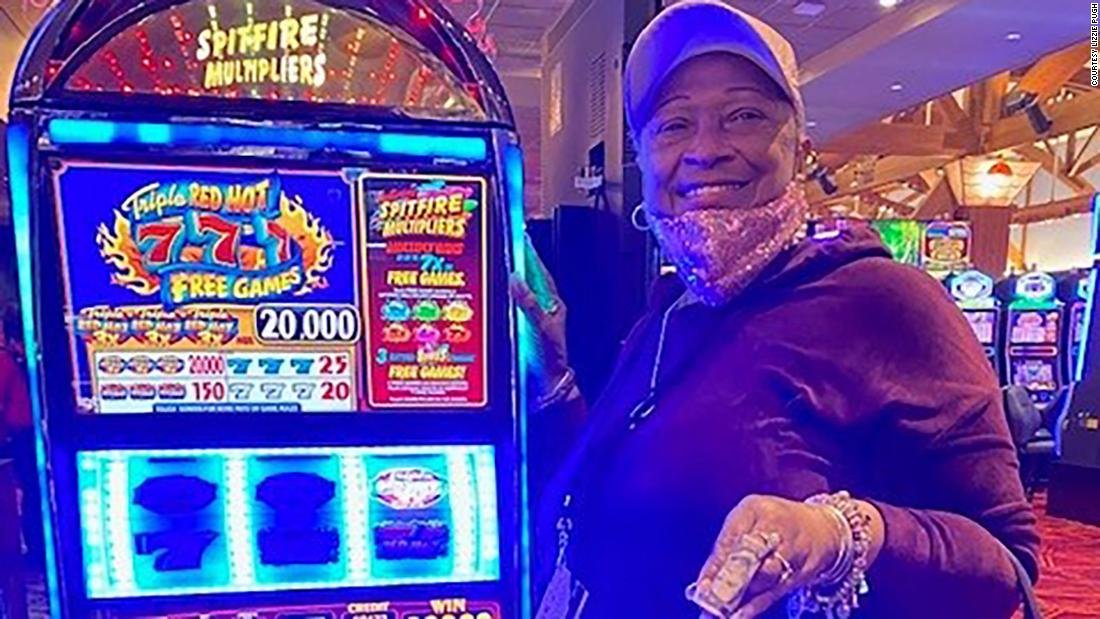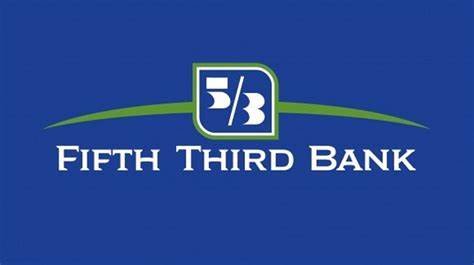Bank Response to Alleged Mistreatment of a Customer
Lizzie Pugh
Company leaders don’t always grasp the impact of negative emotional experiences people suffer in their businesses and in interactions with employees. They just don’t. They believe they do yet their actions don’t back that up.
Lizzie Pugh, a 71-year old woman, would like Fifth Third Bank to learn.
The bank, of course, denies wrongdoing. Now however, there is a lawsuit and negative public relations.
Fifth Third says its actions in question were smart, necessary business practices and that what happened was not, and is not what it appeared.
In brief, Ms. Pugh was cut a check for casino winnings. The check detailed what it was for in the memo section. Bank employees assumed it was fraudulent. They wanted to keep the check. Ms. Pugh asked employees to call the casino. Feeling stressed and upset, she went to another corporate bank, which cashed her check.
Pugh is Black and it’s important in this story, she and her attorney say, as they believe this experience would not have happened to a person of another race.
Bank leadership is surprised by this assertion and communication.
“The banker was attempting to verify the check with the casino that issued it as part of its fraud prevention procedures in this case,” Fifth Third spokesman Ed Loyd told the Detroit Free Press and reporter Tresa Baldas, adding that the bank “has confirmed records of a phone call from the branch to the casino on the afternoon in question.”
The bank continued to defend its actions.
“From our review of the claims, we believe our employees’ actions were well intentioned and have been misinterpreted.”
It’s possible that this is a fair assessment. What follows is open for debate.
“That said, we regret Ms. Pugh has come away feeling mistreated after her interactions at our branch. We never want someone to feel that way. Our employees’ actions were consistent with our process and the dual goals of serving our customers while also preventing potential frauds that can victimize both the bank and our customers.”
The public reply is problematic says one communications professional.
“Speaking broadly, it’s something to think about when crafting a response: who are your audiences, how will they perceive your message, and will different audiences receive it in different ways?” says Steve Saleeba, senior director of media relations at Hollywood Agency.
“In this case, some readers will accept at face value what the bank says. But for many folks who have been victimized by racism their entire lives and who are continually subjected to racism in our society, especially within the banking system, it’s unreasonable to expect them to be ok with a statement like this.”
Steve Saleeba, Hollywood Agency
He elaborates further on the errors of leadership decision making and communication.
“Not only does the statement ignore these cultural sensitivities, but by stating their employees’ actions were ‘misinterpreted,’ the bank is effectively trying to shift the blame onto Ms. Pugh for ‘not understanding’ the situation,” Saleeba says.
The bank was operating in a logical sense of mind yet not balancing it with the emotional needs of a patron. A more thoughtful, skilled executive response may have proved helpful, yet there is no guarantee, Saleeba says.
“I can’t say whether it would have changed the outcome,” he reasons. “Ultimately that’s up to Ms. Pugh. But if an organization is trying to diffuse a situation, a softer approach and tone is advised.”
Pugh’s attorney, Deborah Gordon, according to the Free Press, isn’t buying what the bank is attempting to sell to the media, public and Ms. Pugh.
“This is a bunch of bull----,” says Gordon. “Why do you tell someone there is a fraudulent check? If I walked in there, I highly doubt they'd tell me that it's fraudulent.”
While the bank insists it was in the ‘right’ for how it operated, Gordon scoffed, saying plainly that it failed, “because (Pugh) took (the check) down the street to Chase and they deposited it right away.”
Gordon offered an alternative way the bank could have protected itself and customers and still operated in good faith, telling the Free Press Fifth Third Bank could have accepted the check and waited to see if it cleared, “rather than tell Pugh it was fraudulent and that she could not open an account — which is what Pugh says happened.”
The bank’s actions seem insensitive. The communications, which could have been a sign of self awareness, understanding and empathy, fell short as well.
“There are a number of ways to say ‘sorry’ without criticizing your employees and without opening up your organization to a lawsuit, (which) I mention since I assume there are attorneys involved in crafting these statements,” Saleeba says.
He provides an example of what leaders could have instead communicated.
“We are deeply sorry for the unfortunate situation involving Ms. Pugh. Our employees are required to follow certain protocols and procedures in reviewing non-standard checks. We are examining those security procedures to ensure a positive customer experience.”


